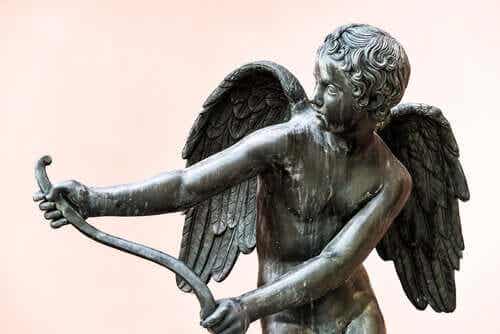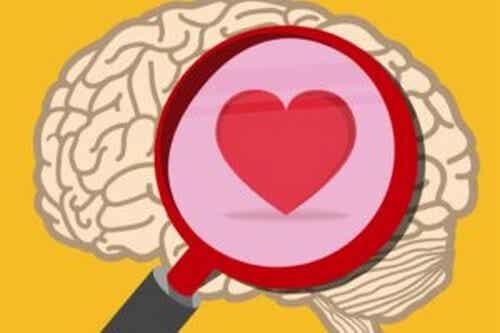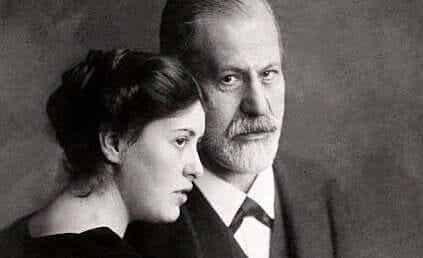The life drive represents all those impulses and behaviors that motivate our survival, without giving up pleasure and the feeling of well-being.

Last update: 19 March, 2021
There are times when we find unparalleled inspiration, as if we were touched by a magic wand. We are so motivated that we want to achieve our goals with enthusiasm and courage. These are the moments that define the life drive.
It is the drive that invites us to passion and vitality, a way to resolve tensions. However, it is not always an erotic or sexual drive, even though it may seem at first glance.
In this article we explain what defines this thrust; one of the essential concepts of psychoanalytic theory. But also how it manifests itself, the origin, the relationship with mythology and the associated concepts.
What is the life drive?
First of all, we need to clarify the concept of "drive". The concept derives from Freud's theory of personality, which suggests that man acts in order to resolve his own tensions. According to this current, the drive is at the origin of all mental activity. It consists of:
- Source. It is the organ where the drive is born.
- Power. What prompts action.
- Goal. It consists in the satisfaction of arousal.
- Object. What gives satisfaction.
As anticipated, it is not necessarily sexual in nature, although the word can be misleading. It goes beyond this concept, although it is still linked to the pursuit of pleasure and satisfaction.
Therefore, the life drive is that drive which generates both activation and excitement on the organic plane. The goal of this drive is to preserve our survival.
Furthermore, it is a dynamic force that seeks pleasure, discarding what does not generate it. It works when we activate mechanisms to reduce tensions.
Why is it called eros?
It is also called eros, because psychoanalysis has always been close to mythology, which Sigmund Freud was passionate about. He used, in fact, to use metaphors or analogies referring to certain stories or features of mythology to explain the theory; a great idea to make it more understandable.
In essence, the vital drive is associated with the God of mythology whose name is Eros, responsible for sexual attraction, love and fertility.
How does it manifest itself?
Eros is present in each of us. It intervenes in the relationship we have with ourselves, with others and with nature. It manifests itself, therefore, in the way we interact, motivating the actions that lead us to survival.
In addition to basic physiological activities, among which we also find sex, the life drive is present in dreams, creativity, eroticism and love.
Furthermore, it manifests itself in actions that make us avoid pain or that which is not pleasant for ourselves. Although Freud has always stressed that the line between pleasure and displeasure is quite thin.
Concepts associated with the life drive
Within psychoanalysis, the boundaries between some concepts are minimal: this is because it frames the psychic apparatus as a dynamic element. The life drive is no exception. Let's see, in the context of economic theory, which concepts it is associated with:
- Principle of pleasure. The impulses that seek satisfaction.
- Principle of reality. Impulses responsible for adapting to circumstances.
- Death drive. It includes those impulses associated with dissolution. Furthermore, it includes a tendency to destroy life, and aggression.
- Nirvana principle. It would have to do with the tendency to reduce the arousal level to zero.
The concept of life drive is one of the most important concepts in the theory of psychoanalysis, which makes sense if framed within the psychoanalytic conception of the psychic apparatus. Furthermore, and although it may seem paradoxical, it is closely related to the death drive; in fact, there is not a moment when both are not present.
In short, the life drive is that drive that invites and motivates us to survive. The dynamic drive for self-preservation we have and which is the basis of many of the behaviors that belong to us.


























